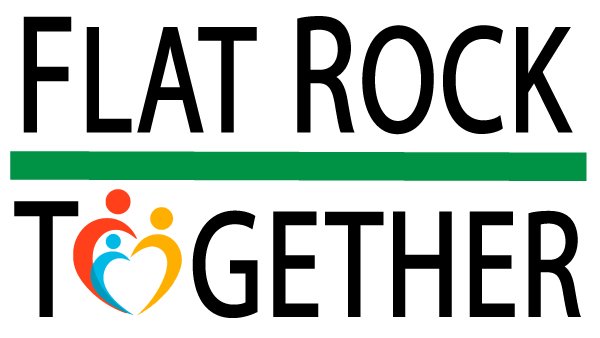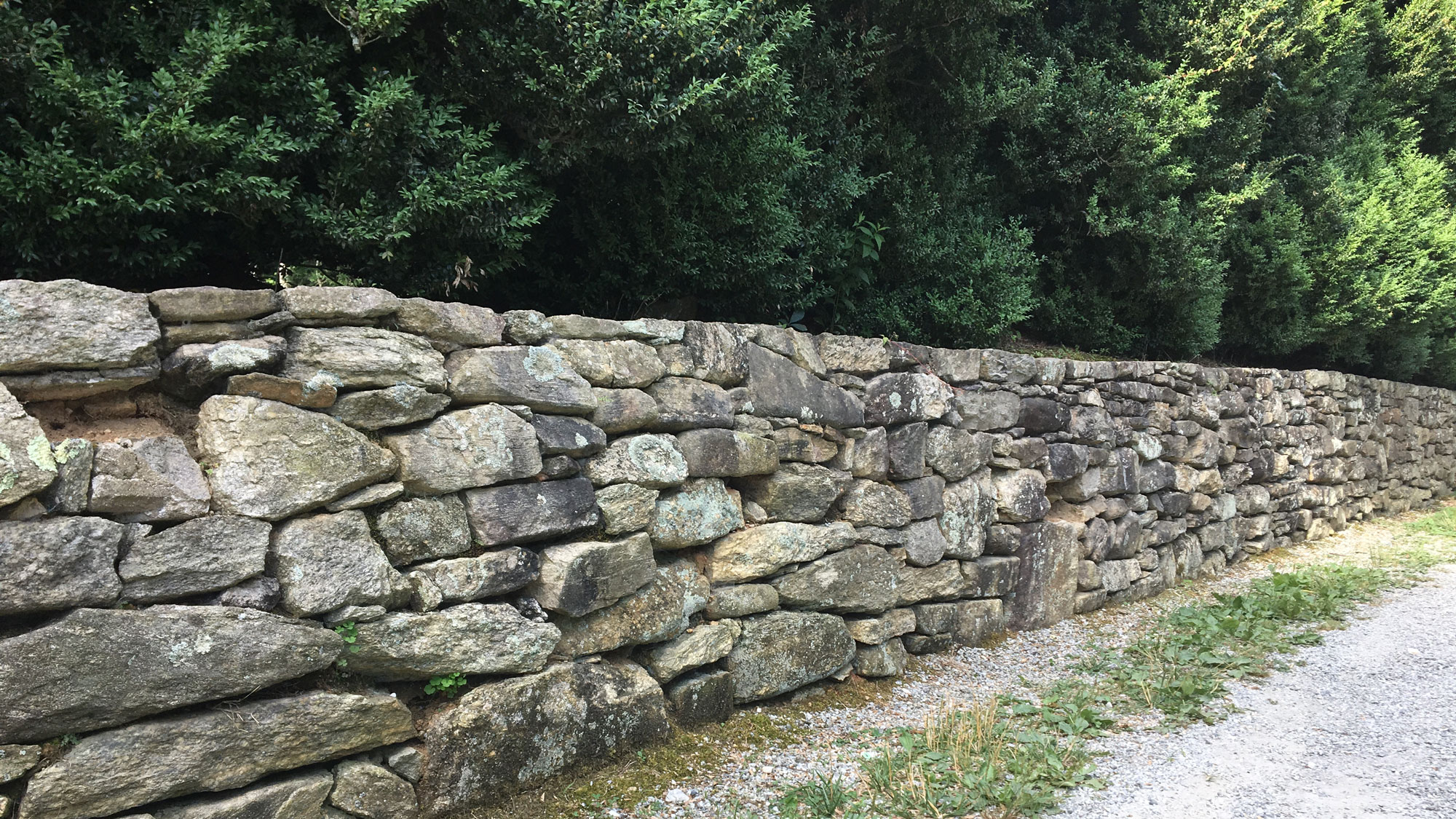He Promised Me Bluebirds
/Fred and Andrea Thompson
When Fred Thompson asked Andrea to marry him, he made an unusual vow. “He didn’t promise me a castle, but he did promise me bluebirds,” she recalls with a shy smile. “And he has certainly delivered on that.”
Fred and Andrea have taken on the unofficial duty of “Keepers of the Bluebird Boxes” for The Park at Flat Rock. Together, they make weekly visits to the Park from their home in Hendersonville to check on the condition of 22 park bluebird boxes and to monitor the growing population of the brilliantly blue avian residents in The Park.
The affable amateur ornithologists got started on this unusual volunteer project after a conversation last year with Park Ranger, John Wilkerson. Fred, who has been watching and researching Eastern Bluebirds for over 20 years, was pointing out ideas that would improve the bird boxes and increase the likelihood that more Bluebird fledglings would survive the perilous journey from egg to adult. Originally built and installed several years ago, the Park’s birdhouses were starting to show their age and John was impressed with what Fred was suggesting as a remedy. He invited the Thompson’s to put their years of experience to work for benefit of both the Bluebirds and thousands of visitors to the 66-acre park.
Photo by @Becky Bishop Photography
Fred and Andrea started the project early in 2020 by taking an inventory of the 22 boxes on the Bluebird Trail at The Park. Fred, a retired engineer, noticed that many of the boxes would be more suitable and safer homes of his beloved Bluebirds with a few remodeling upgrades. Over the past winter, Fred took down and upgraded most of the bird boxes. “More than half of them needed new roofs,” he explains. “I had a supply of better boards that I had salvaged from here and there and then coated the roofs with flex seal. That makes the roofs last a lot longer to keeps the boxes dryer.”
Fred also added drip edges to the new roofs, improved ventilation in the wooden homes to keep the eggs from over-heating in the warmer summer months, repositioned some of the boxes to keep them out of the afternoon sun, and made sure that the boxes faced in a direction that would appeal to prospective Bluebird parents - facing a tree roughly 40-60 feet away that would give fledglings a better chance of flying the coop to the relative safety of a nearby tree branch.
Perhaps most importantly, Fred has outfitted the posts that support the Bluebird boxes with metal cylindrical guards that prevent predators such as snakes, raccoons, and squirrels from being able to get to the eggs, chicks, and even the adult birds. Last year, Fred opened one of the boxes to inspect the contents and came eye-to-eye with a 5 foot snake - the most threatening predator for Bluebirds during nesting season.
Map of the Bluebird Trail at The Park At Flat Rock
During their rounds around The Park, Fred provides the muscle and Andrea does the paperwork. Andrea developed her love of birds in Cary, NC when her family set up a feeder in the backyard and catalogued the various species of birds that would show up in their backyard. In her role as chronicler of the Bluebirds, she keeps a notebook with a page of information on each of the 22 boxes.
Early in the season, they track the progress of nest building. Next, they count eggs as they appear in the boxes and make notes of their approximate arrival. Ultimately, they count the number of chicks born and try to estimate how many successfully fledge. In 2020, they estimated The Park had 100 fledglings. They are hoping that in 2021- with upgraded boxes and more careful monitoring - that they will be able to double the number of fledglings. Each mating pair can have as many as 3-4 clutches during the nesting season and each nest can contain up to 5 eggs.
Fred’s passion for birds - bluebirds in particular - came later in life when his son built a bluebird house as a scouting project. Fred mounted the box on a garage wall and, as you may have guessed, a pair of Bluebirds took up residence. “At that time they were an endangered species. So I got to reading up on them and decided to supply better housing and better protection.” Twenty years later, Eastern Bluebirds are no longer an endangered species and Fred and thousands of bird enthusiasts with similar interests have played an important role in their return to healthy numbers.
What’s the best way to enjoy the flashes of brilliant blue around The Park? The short answer is - from a distance. “One of the best things you can do for these birds in The Park, is leave them alone,” says Fred. He recommends learning their song and keeping your eyes open as you walk through the park. Most importantly he says, “Enjoy them from a distance and don’t disturb the bird boxes.”
The Park at Flat Rock has been an oasis of exercise, relaxation, and meditation for thousands of human visitors each year. Because of the interests and efforts of volunteers like Fred and Andrea, it is also a wonderful place for birds - especially Bluebirds.
Several years ago, Fred promised Andrea, bluebirds. Thanks to their teamwork and the support of The Park at Flat Rock, Andrea has ended up with more Bluebirds than she could have ever imagined - and Park patrons are beneficiaries of Fred’s promise.
First Bluebird egg of the season
One of 22 bluebird boxes at The Park
Fred’s Bluebird hat









